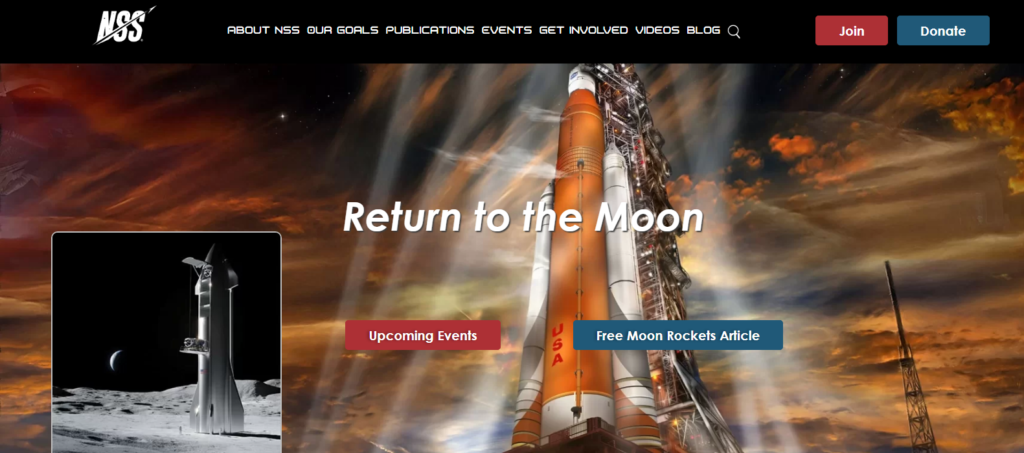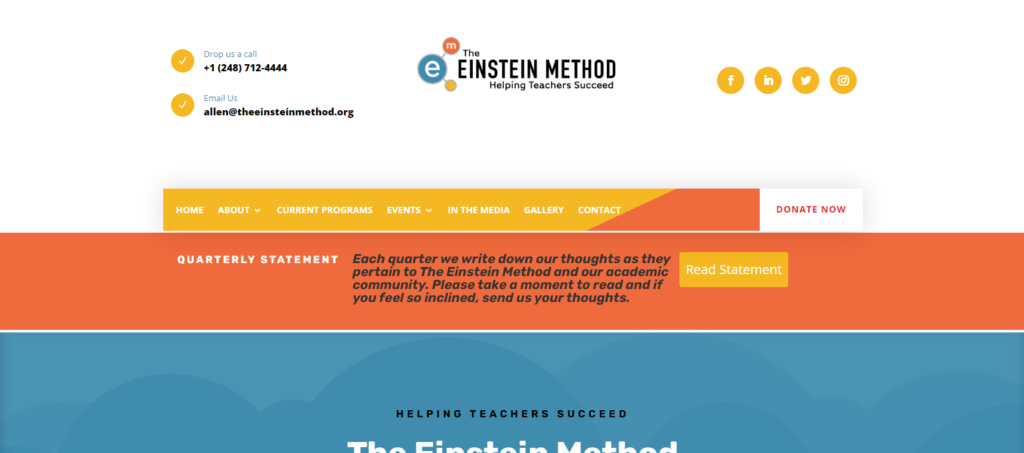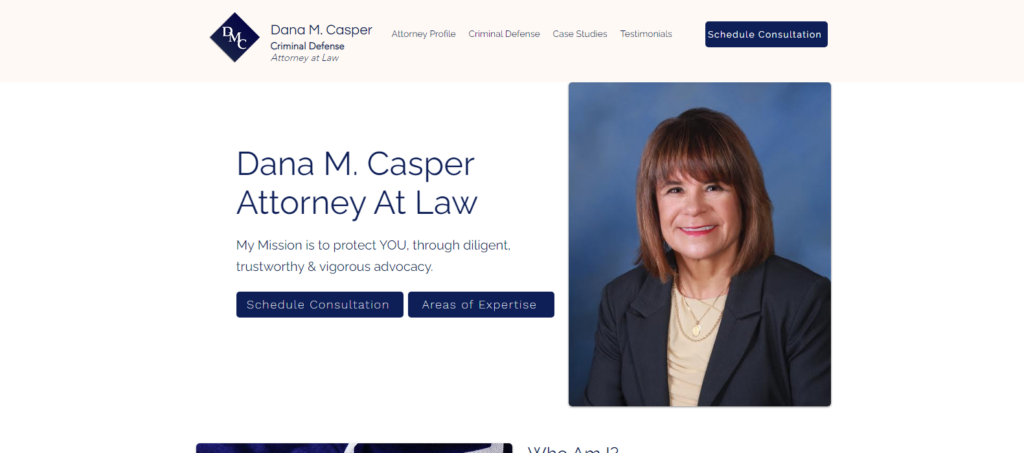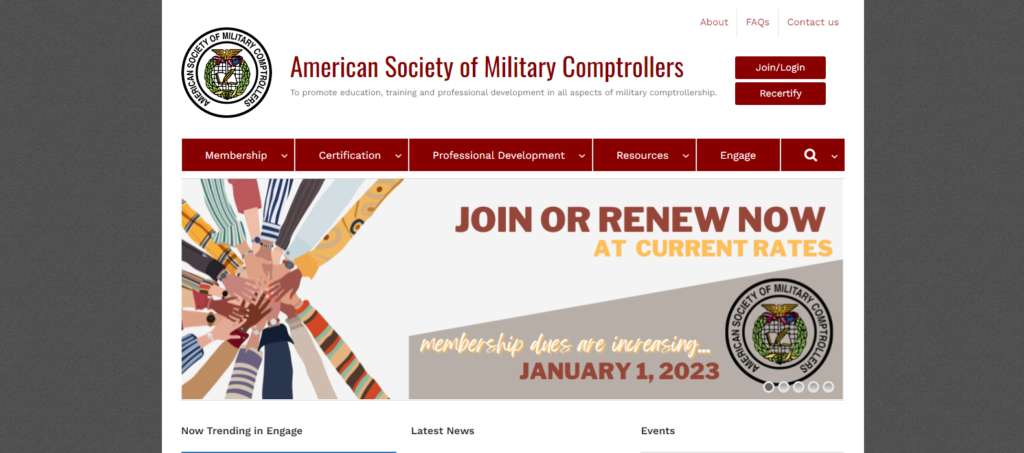Website Terminology Glossary
GNU License
The GNU General Public License (GNU GPL or simply GPL) is a widely used free software license, which guarantees end users the freedom to run, study, modify, and distribute software. It was created by Richard Stallman and the Free Software Foundation (FSF) in 1989 as part of the GNU Project.
Some examples of software licensed under the GPL include:
Linux
The Linux operating system kernel is licensed under the GPL, which allows anyone to download, modify and distribute the source code for free.
WordPress
WordPress is an open-source content management system (CMS) that is licensed under the GPL. This means that anyone can modify, distribute and use WordPress for free, as long as they also release any modifications under the same GPL license.
GNU Compiler Collection (GCC)
The GCC is a set of programming tools that includes compilers for many programming languages, including C, C++, and Fortran. It is licensed under the GPL and is widely used in the open-source software community.
LibreOffice
LibreOffice is a free and open-source office productivity suite that is licensed under the GPL. It includes a word processor, spreadsheet software, presentation software, and more.
GIMP
GIMP (GNU Image Manipulation Program) is a free and open-source image editing software that is licensed under the GPL. It is often compared to Adobe Photoshop and is widely used in the open-source community.
The GPL is a popular choice for open-source software developers who want to ensure that their work remains freely available for others to use and modify.
Need Help With GNU License ?



































